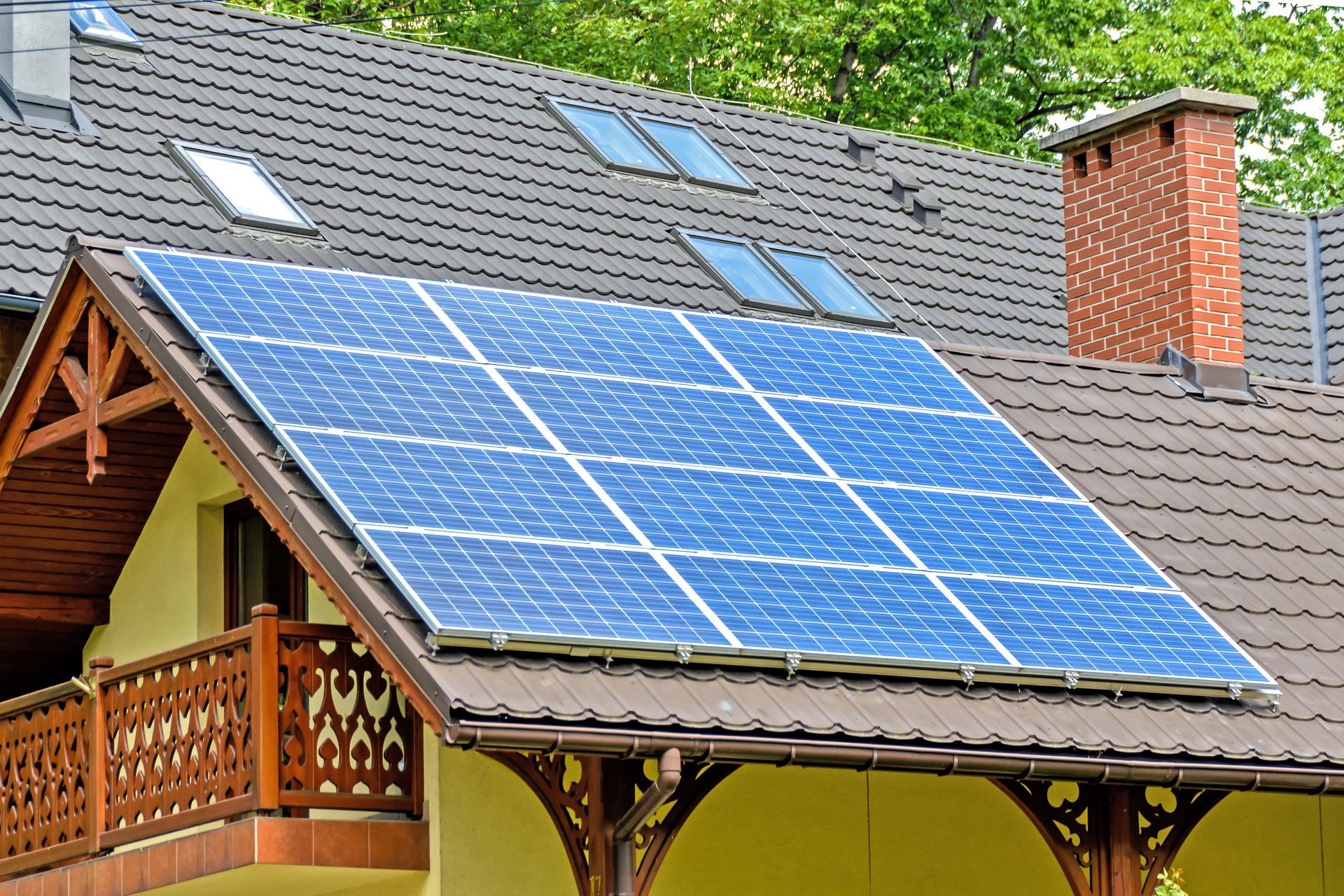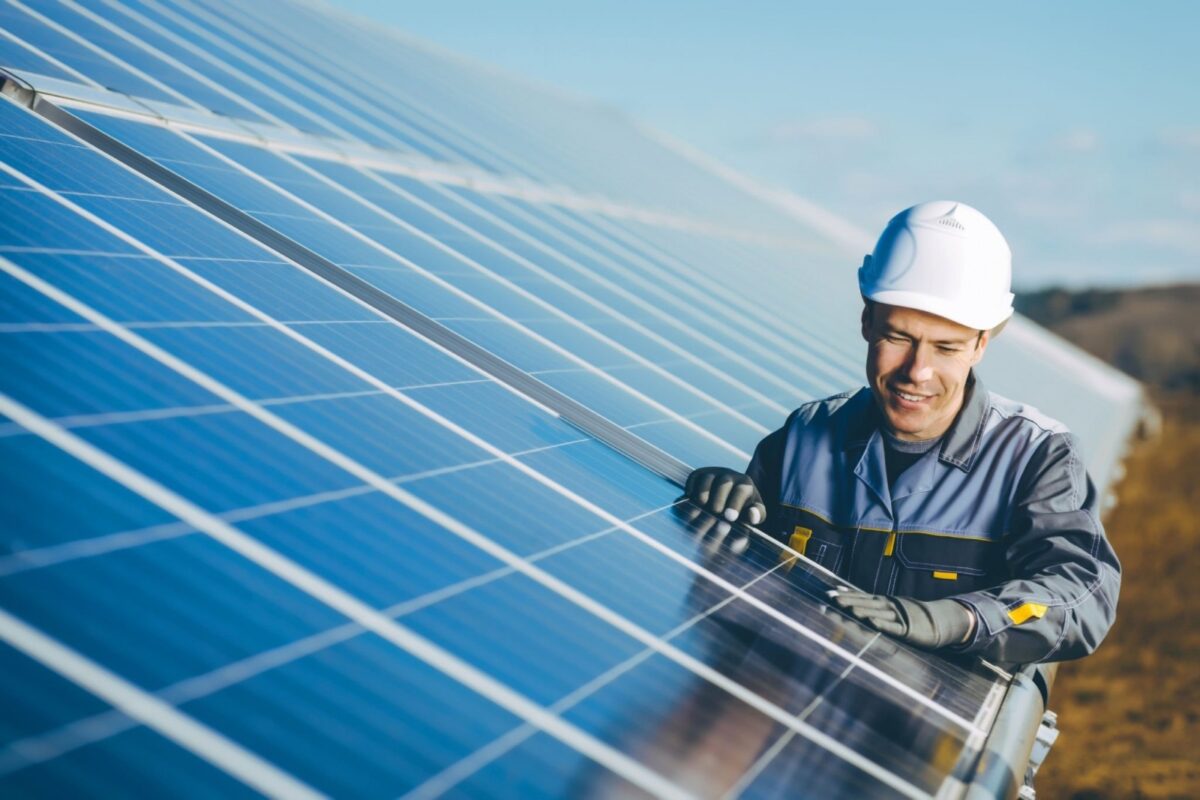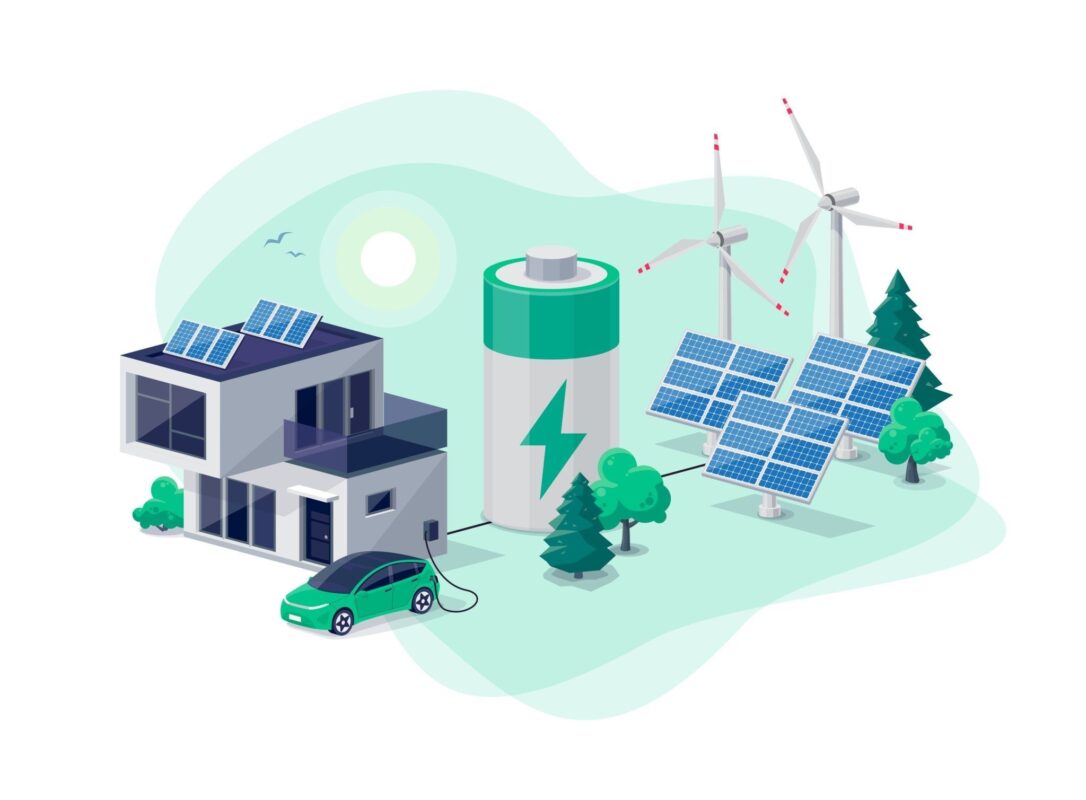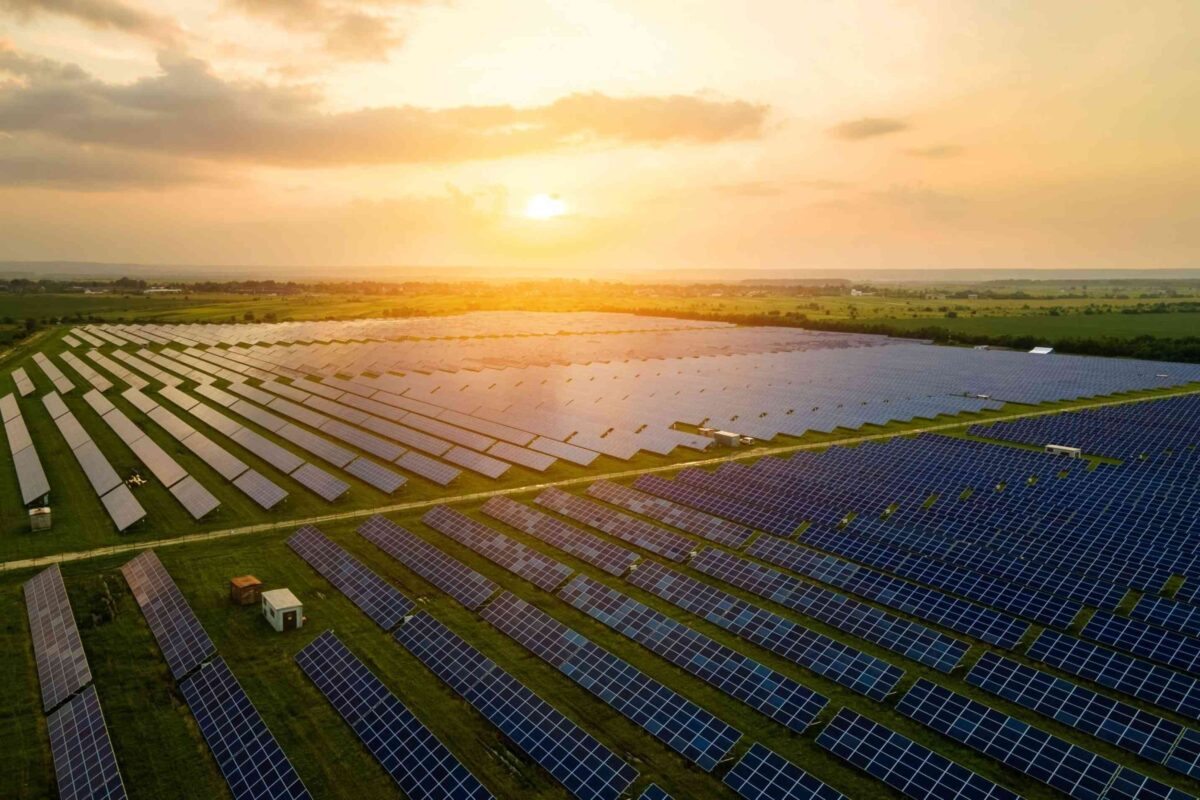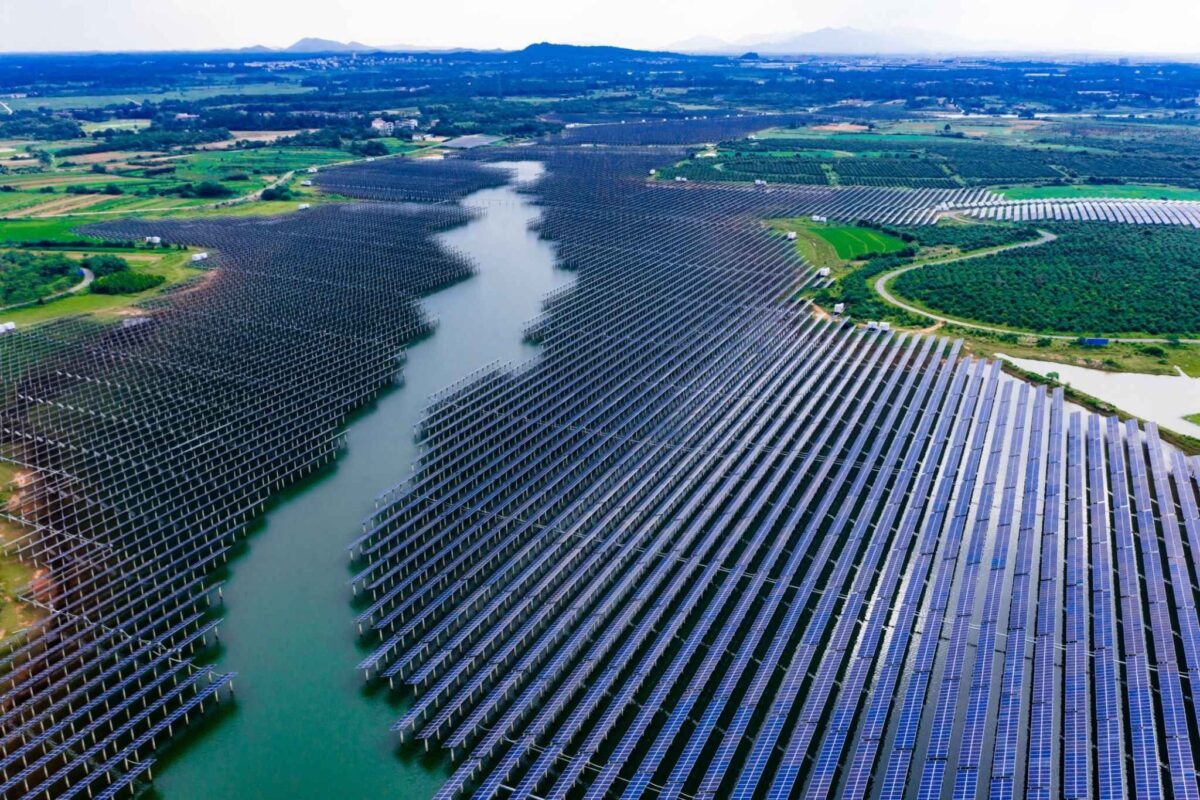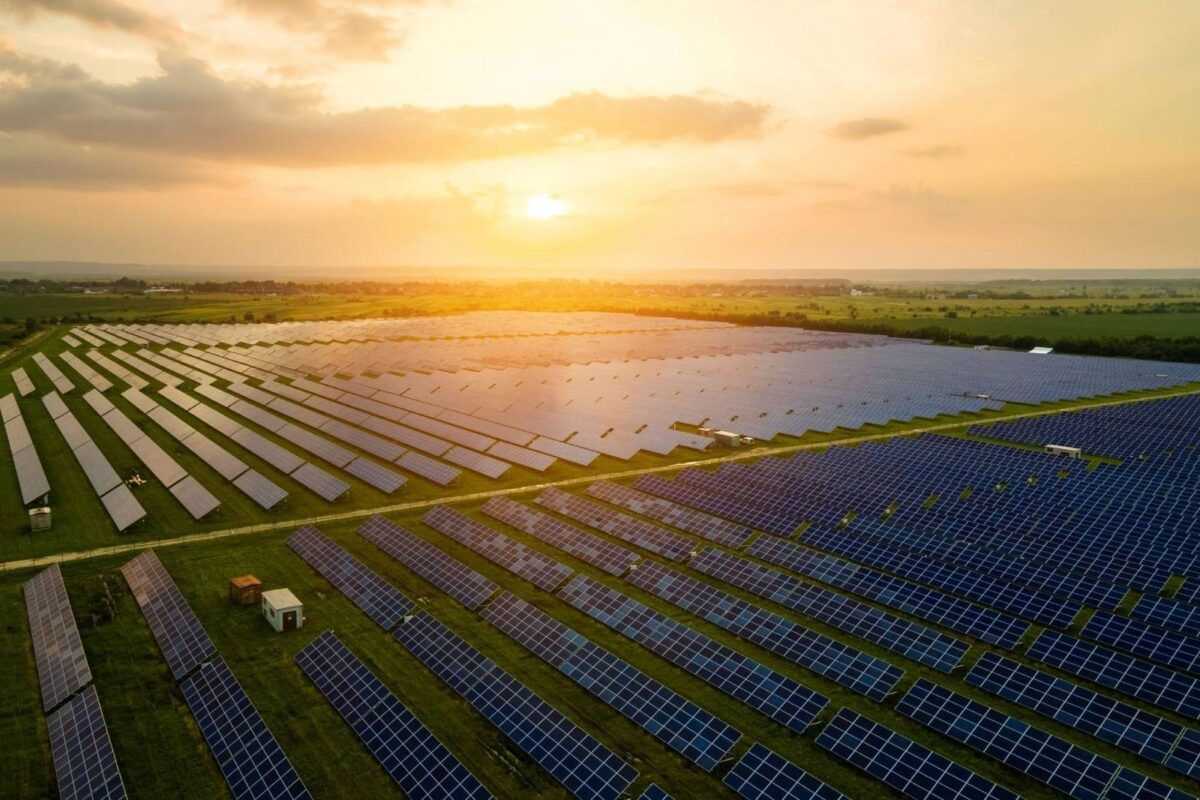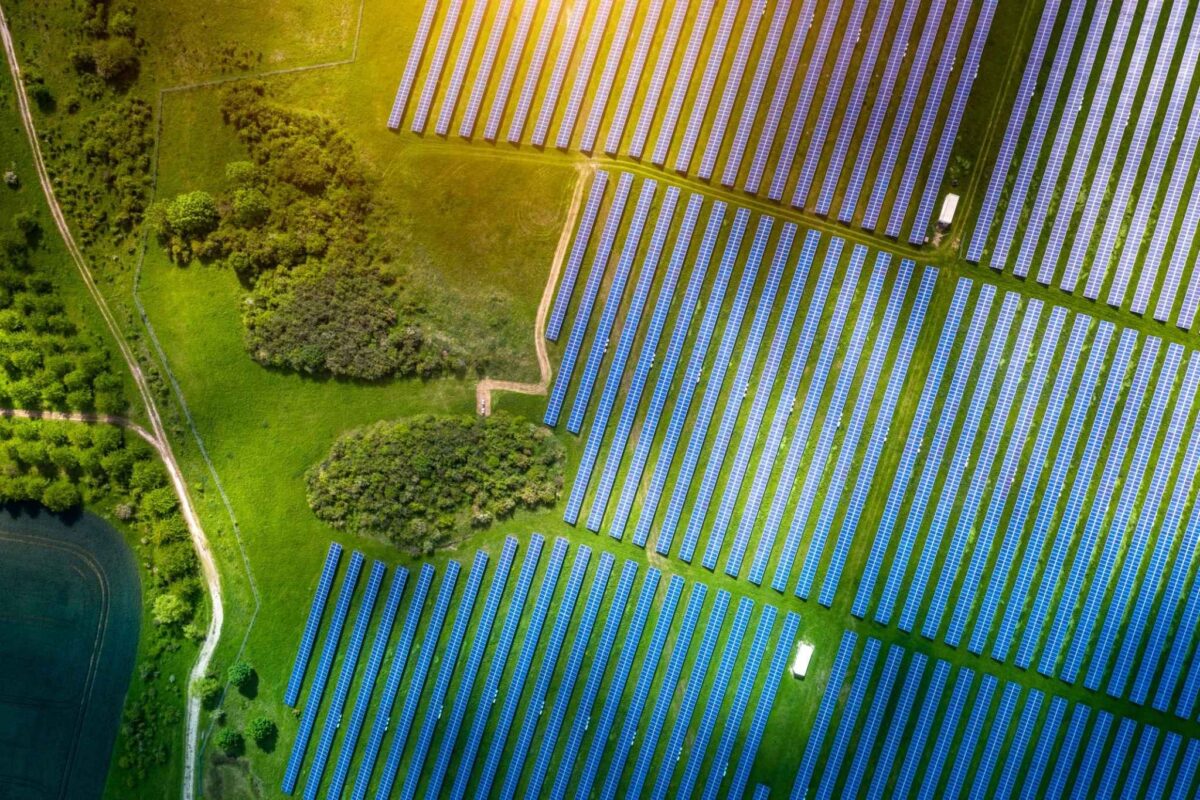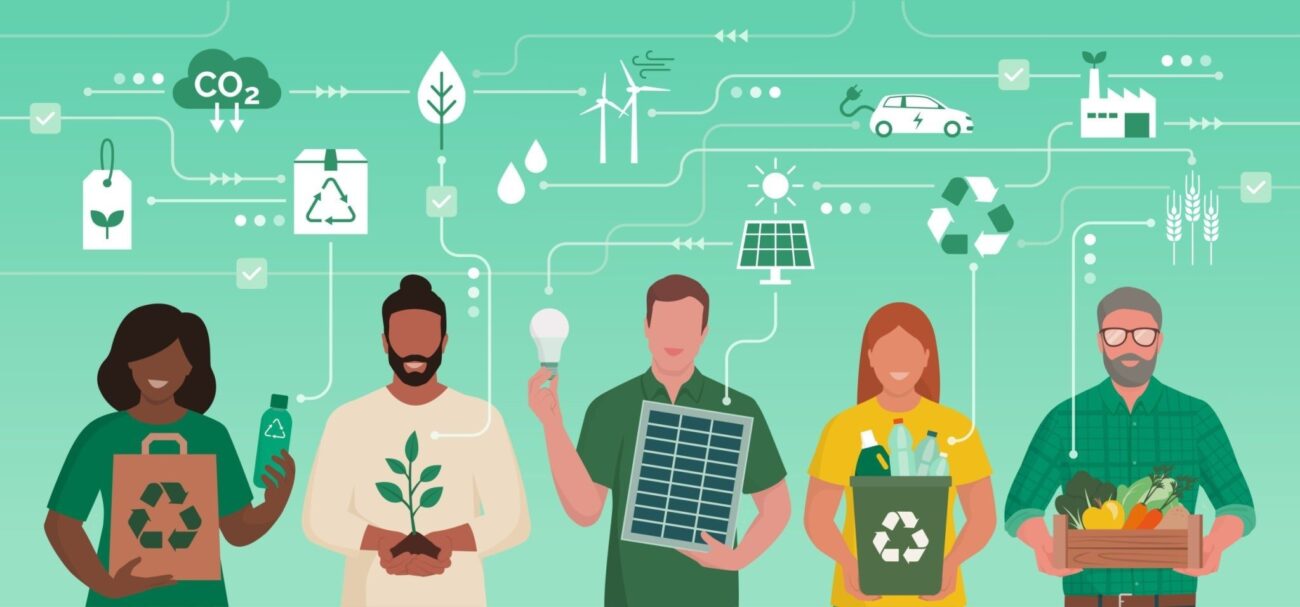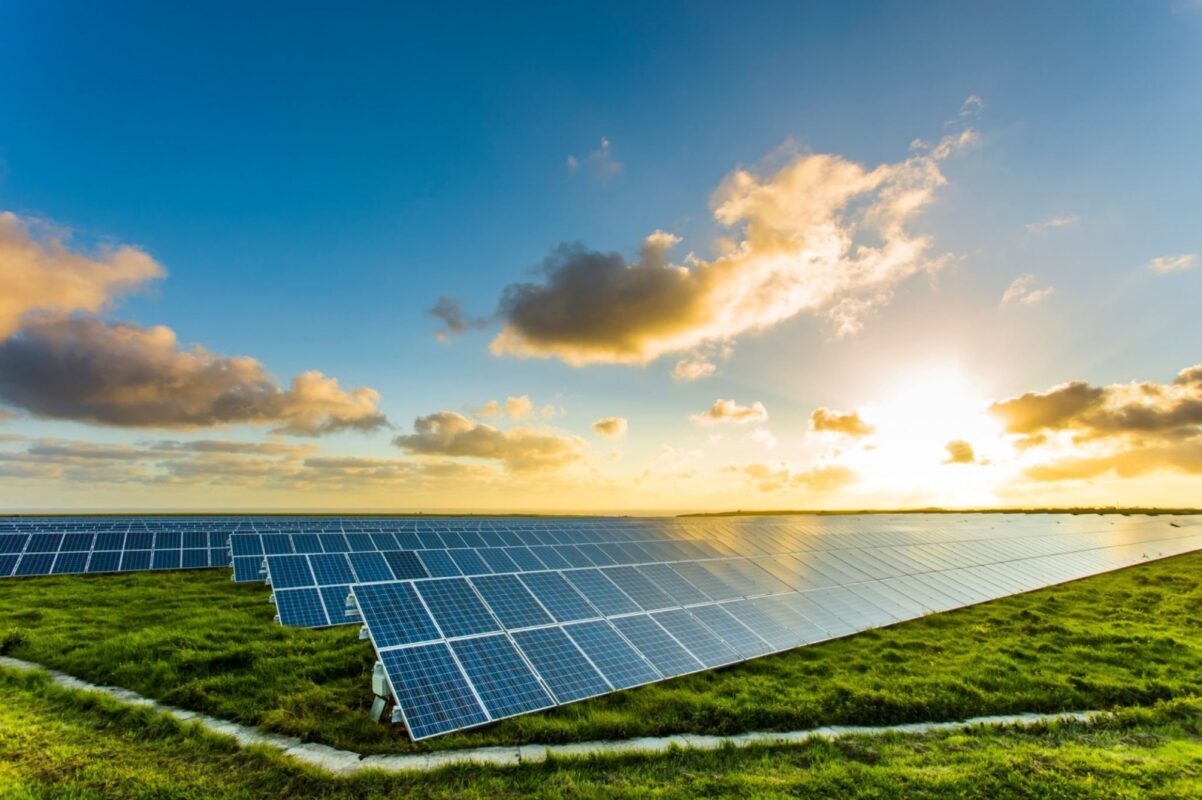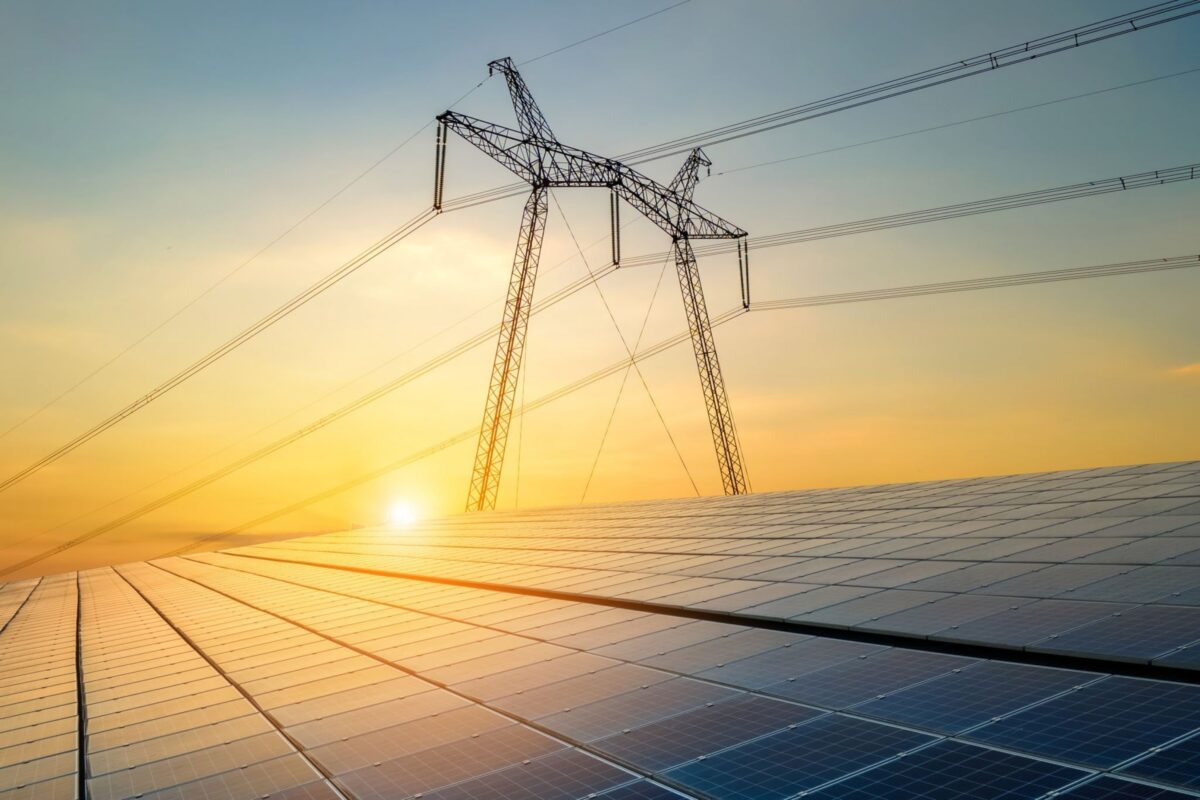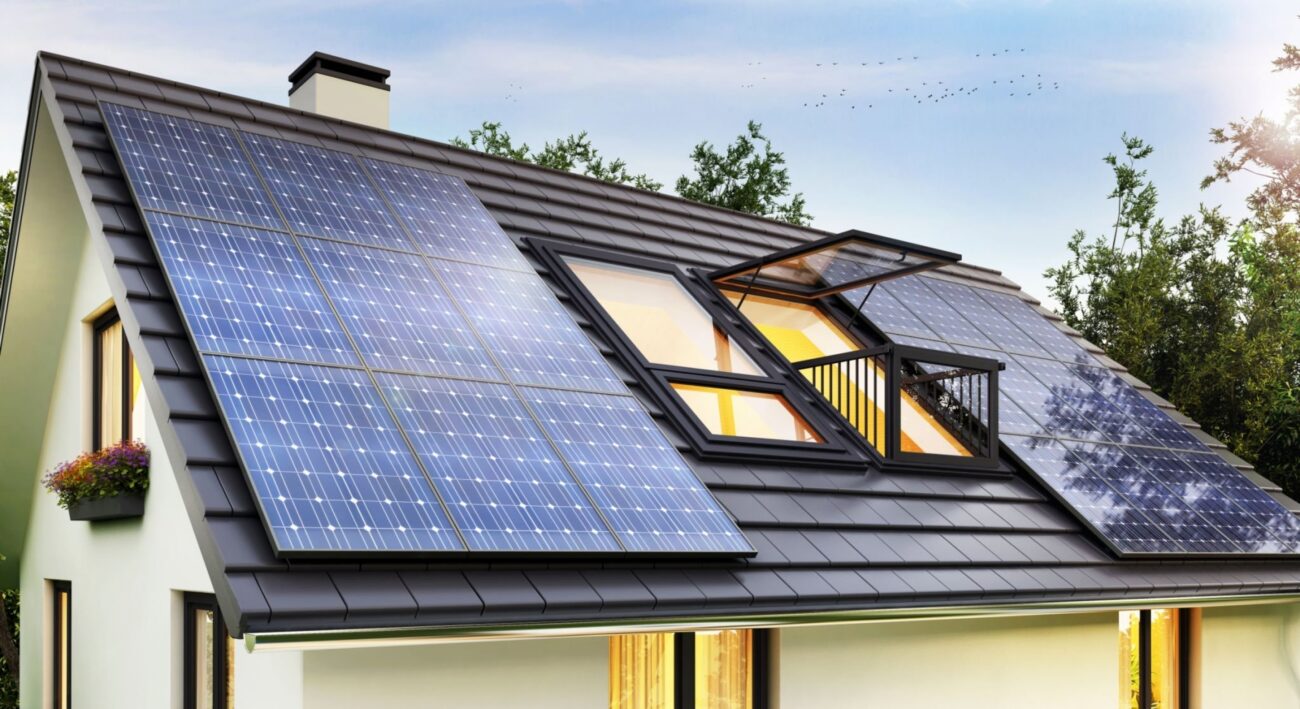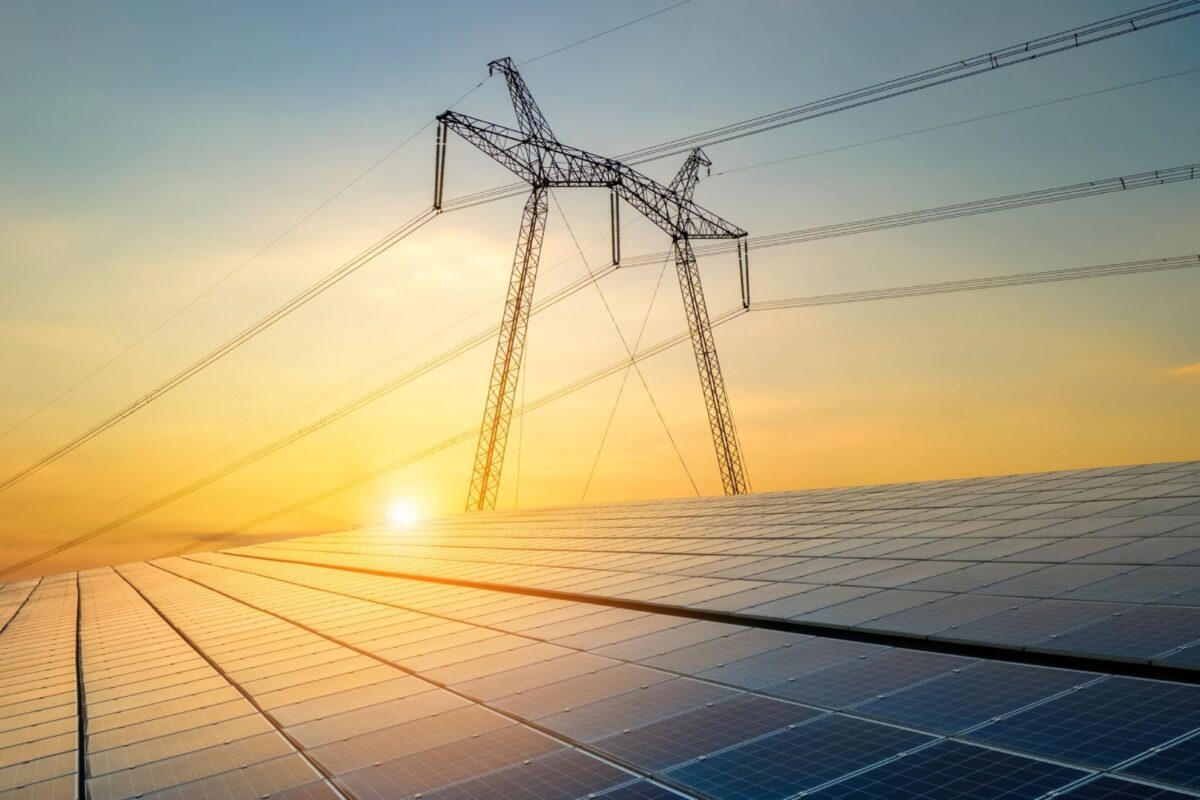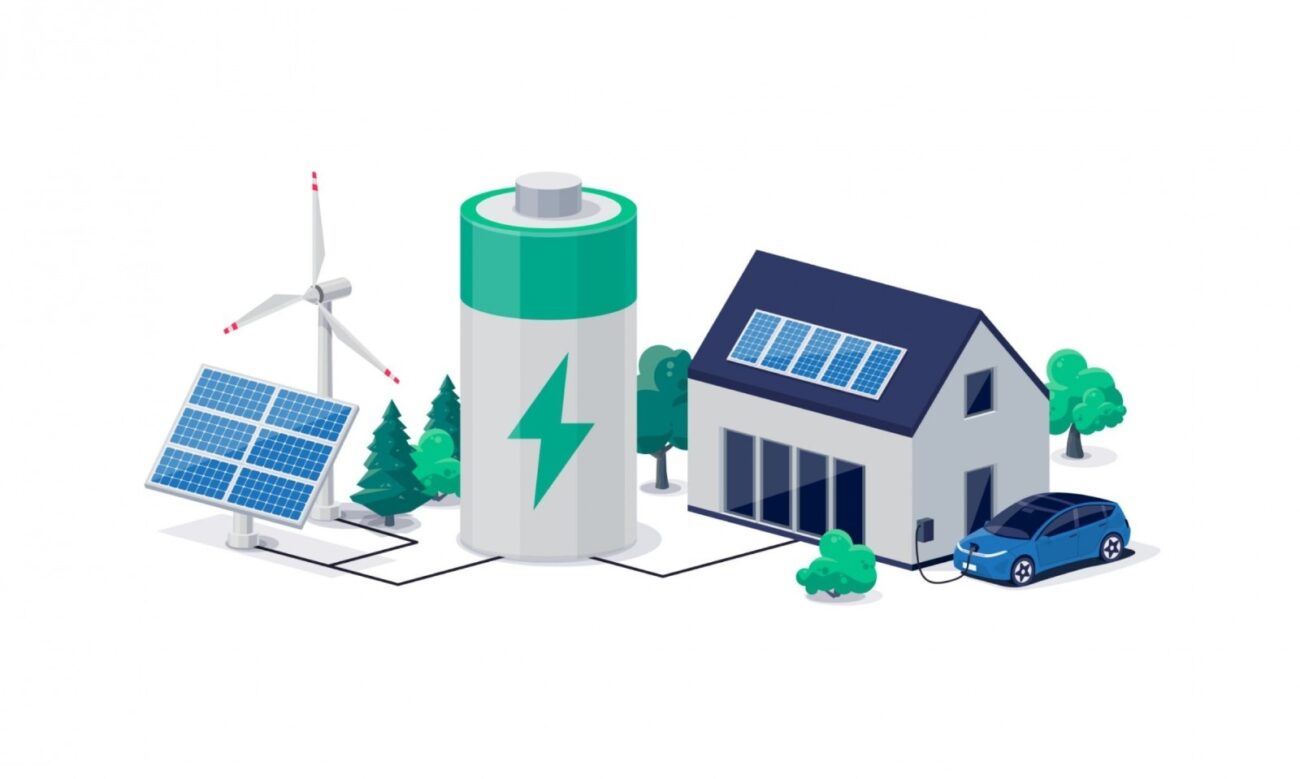The growing energy requirement is putting pressure on the steadily depleting fossil fuels. One kilogram of coal produces approximately 8kWh of energy, for reference, an average American home uses around 29.997 kWh energy daily, whereas, the average of an Indian home is 10 kWh.
With new appliances being made to provide us convenience, this energy requirement will only go up in the further decades, or maybe centuries.
What will keep up with the energy requirement after the fossil fuels get replenished? Well, there are other sources of energy that are far cleaner and more convenient than the traditional methods.
One of these methods that can be installed both commercially and domestically is solar panels. Solar panels consist of a network of a number of solar cells depending on the size. These tiny solar cells use photons (particles of light) and convert them into electrical energy.
You can read about the advantages of solar energy here.
Installing just one solar panel on your rooftop can give an output of 250-400 watts for every sunny hour. That is around 3000 W for every sunny day. So, this reduces your dependence on coal by a huge margin. By installing a 5kWh solar panel you can save up to ₹3000/- every month on your electricity bill. You can always increase the output by installing multiple panels and this one-time investment will save you money on electricity bills for decades!
Here are some advantages and disadvantages of solar panels:
1. Reduce the cost of your energy bill
As discussed above, by producing your own power through the sun you will ultimately be buying less power from the grid. This allows you to spend less money buying energy which leads to saving more money on your power bills.
2. Renewable energy source
Solar power is a renewable source of energy. Renewable energy is a source of power that cannot be used up.
3. Increase your property value
Because solar panels have so many benefits for homeowners, installing them on your property will increase its value.
4. Environmentally friendly
The energy that is produced by solar panels is clean, renewable, and has zero emissions. Solar energy does not contribute to greenhouse gasses or fossil fuels, unlike other oils and coals.
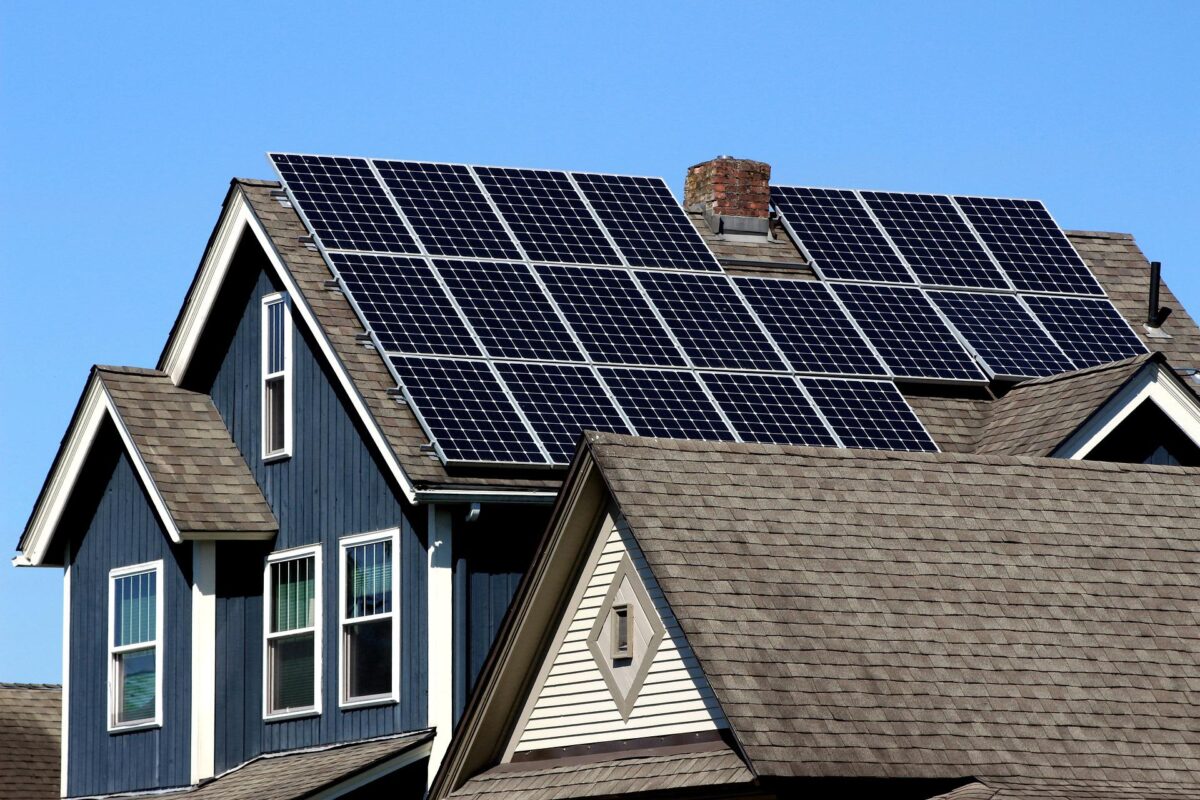
How much money can you save by using a single solar panel for your household
5. Low maintenance costs
With new technology being readily available, the maintenance of solar panels is becoming easier and easier.
6. High upfront cost
The first initial investment for solar panel installation is quite high, and not everybody will be able to afford them.
7. The size of the system is dependent on your available space
Available space is a big factor in solar panel installation. If your roof is not big enough, then it means that you may have to downsize your system or rethink getting solar altogether.
8. Requires sunny weather to work best
Energy can only be generated when sunlight is hitting the face of the panel and being converted. Therefore, if there is no sun, there will be no energy being produced
9. Solar panels are fixed at their installed location
Panels that are installed on your roof are pretty much installed there for good.

